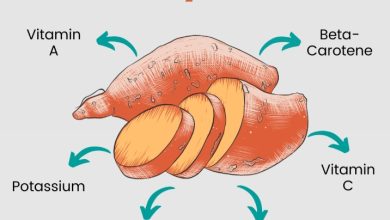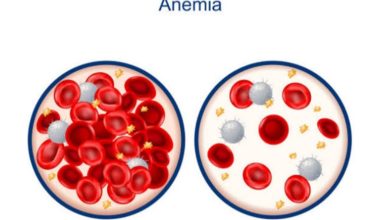Protecting Your Heart : Understanding Cardiovascular Disease, Stroke and Heart Attack

Cardiovascular disease is a group of conditions that involve the heart or blood vessels. These conditions can limit the flow of blood and oxygen to the body, leading to a variety of health issues and even death. Stroke and heart attack, two of the primary cardiovascular diseases, can have long-term impacts on the physical and emotional health of those affected. Fortunately, lifestyle changes, medications, and other treatments are available to reduce the risks associated with these conditions.
Heart attack occurs when the oxygen-rich blood supply to the heart is blocked. Without the oxygen-rich blood, the heart does not have the ability to contract and pump. This leads to the death of heart muscle. Depending on the severity and location of the blockage, treatments such as the use of a stent, bypass surgery, or medications may be considered to restore normal blood flow to the heart.
A stroke typically occurs when a clot blocks an artery or when blood vessels ruptured in the brain. Both of these types of stroke restrict blood flow to the brain, resulting in oxygen deprivation.
“When an artery is blocked, it is called an ischemic stroke; when a blood vessel ruptures, it is referred to as a hemorrhagic stroke.” Treatment for stroke depending on the type and severity and may involve medications, surgery, or other interventions.
Prevention is the best tool in combating heart attack and stroke.
The modifiable major risk factors of cardiovascular disease, such as;
- Smoking,
- Obesity, and
- High Blood Pressure.
Few ways to reduce the risk of cardiovascular disease;
- Quitting smoking,
- Maintaining a healthy weight,
- Engaging in physical activity,
- Getting adequate sleep, and
- Having regular health screenings.

Another key way to help prevent heart attack and stroke is to watch your diet. Eating a diet low in saturated fat and cholesterol and rich in fruits, vegetables, and whole grains can reduce the risk of these conditions. Additionally, getting enough calcium in the diet can help keep blood pressure at a healthy level.
See Also
Mental Health and Well-being
Finally, it’s important to maintain healthy cholesterol levels. “High cholesterol is one of the major risk factors for stroke and heart attack. Keeping your total cholesterol, LDL (“bad”) cholesterol, and triglyceride levels low—and HDL (“good”) cholesterol high—can reduce your risk of both stroke and heart attack.”
Cardiovascular disease is no joke and can have serious consequences. But there are steps you can take to reduce your risk of stroke and heart attack and keep your heart healthy.
Making healthy lifestyle changes and incorporating regular medical check-ups are two of the most important steps you can take to protect you and your heart.




you are welcome… 👍
Share with friends and family.. 😊
Yes, you are free to share with friends and family… ✔️